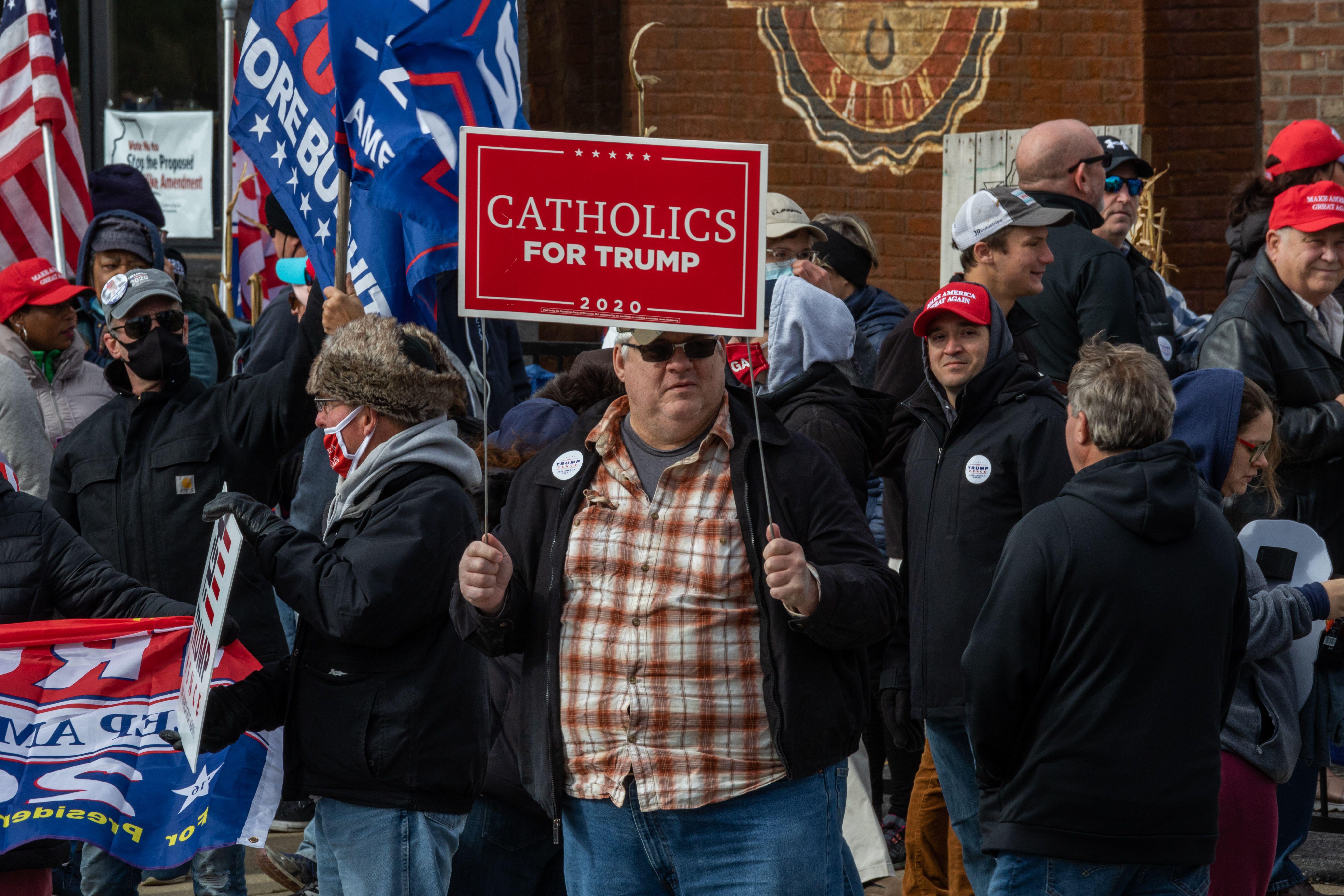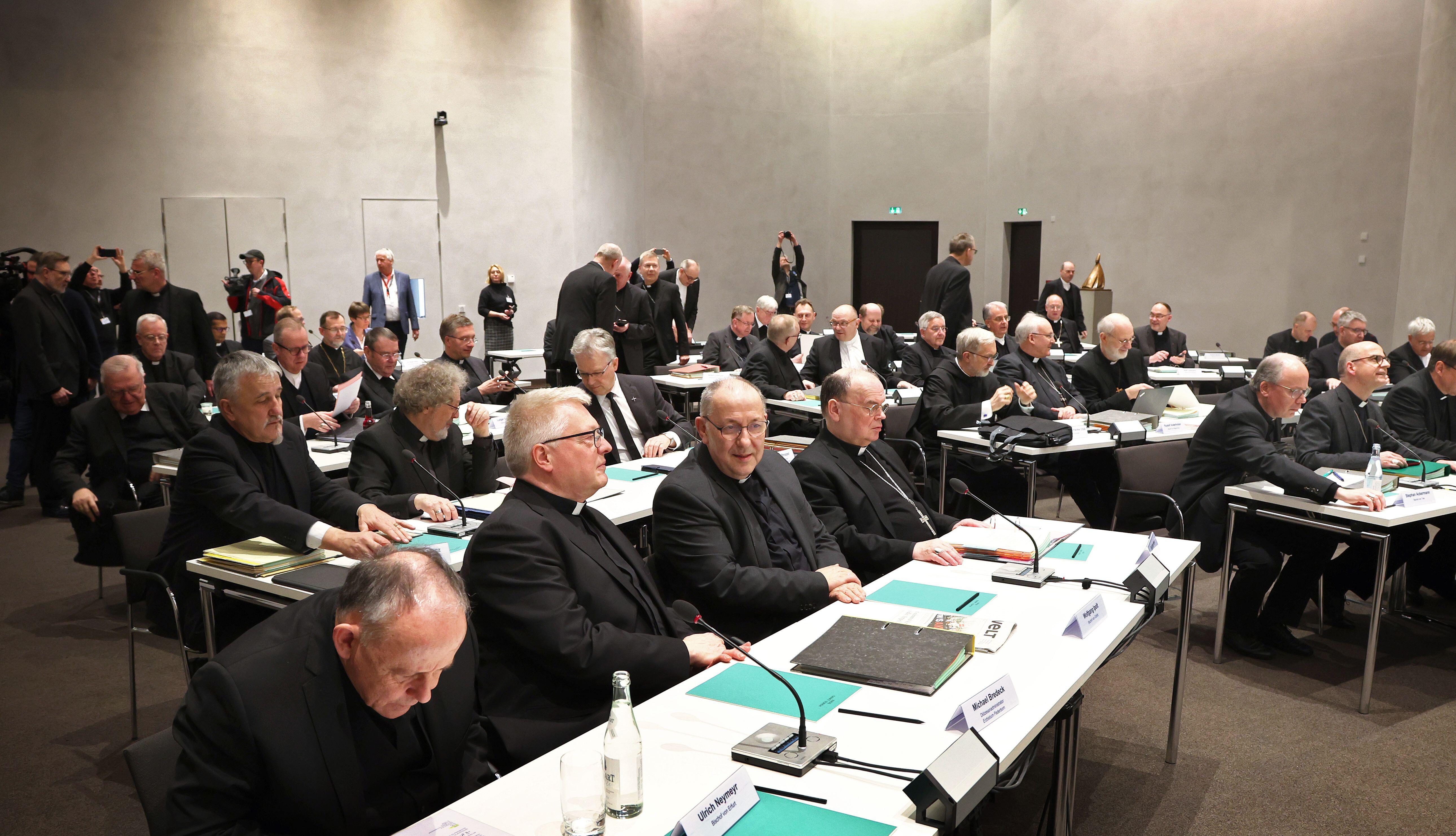German bishops have agreed with Vatican officials to continue with their Synodal Path initiative, but the communiqué issued after a meeting hinted that Rome could still veto its efforts.
The bishops won approval for a June meeting of the Synodal Committee, meant to prepare for the permanent Synodal Council that would oversee future clergy-laity equality, which they did not discuss at their plenary in February after threats from the Vatican that it would break canon law.
However, their joint statement following their meeting on 22 March said that any Synodal Path proposals would comply with canon law and be “presented to the Holy See for approval”.
Supporters of the initiative emphasised the spirit of discussion between the German bishops and curial officials, with the communiqué describing “a positive and constructive atmosphere” during the day-long meeting and accepting that “open theological questions raised…in Germany could be discussed”. Both parties agreed to hold further talks before the summer break.
The Catholic group Neuer Anfang (New Beginning), which supported Rome’s verdict that the Synodal Path broke canon law, used a sports metaphor to describe the compromise: “German players won’t be expelled from the pitch, but now it’s clear they have to play by the rules.”
The Vatican has warned that Synodal Path proposals, which include Church-laity equality in decision making, contradict the hierarchical nature of the Catholic Church and could lead to a schism. German bishops denied any intention to split the Church.
Last week’s communiqué said any proposals would be “in agreement with the ecclesiology of the Second Vatican Council, the requirements of canon law and the results of the worldwide Synod, and afterwards be presented to the Holy See for approval”.
The German delegation was led by Bishop Georg Bätzing of Limburg, president of the German bishops’ conference, while the Vatican side included Cardinal Victor Fernández, prefect of the Dicastery for the Doctrine of the Faith, and Secretary of State Cardinal Pietro Parolin.
Cardinal Marc Ouellet, former prefect of the Dicastery for Bishops, told Communio beforehand that the Vatican had changed some of its representatives at the talks and “it would be desirable for the same on the German side”.
The lay Central Committee of German Catholics (ZDK) had no immediate comment on the meeting. Last month, its president Irme Stetter-Carp said: “Merely being permitted to advise the bishop – in other words simply simulating synodality – is not enough.”
Several Synodal Path delegates said the recent decision to exclude many reform issues from the universal Synod hollowed out the process. “How many working groups on women deacons should there still be?” asked Franciscan Sr Katharina Kluitmann.



 Loading ...
Loading ...